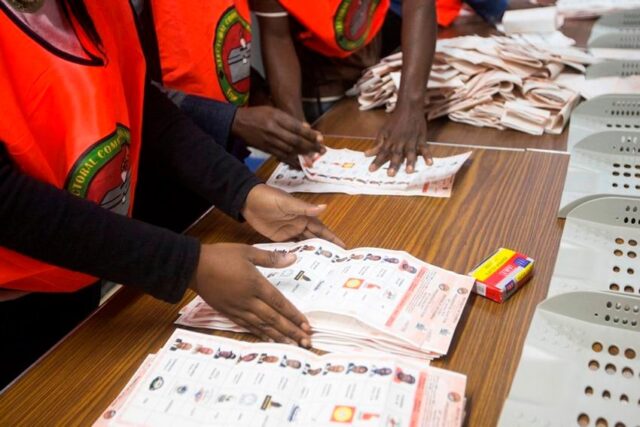Elections are the wellspring of democracy, where this means the voice and the will of the people. Free and fair elections hold the key to equal opportunities for all citizens to participate in the democratic process, encouraging public trust and legitimacy of the government. The path to truly free and fair elections is complicated; it is through a legal framework and transparent citizen participation that can ensure that elections are conducted and implemented freely.
1. Establish a Robust Legal Framework
A robust legal framework is the bedrock of any free and fair election. This shall comprise:
Clear Electoral Laws: Drafting and putting into effect clear, comprehensive electoral laws that set the rules and guidelines for how the process of the election is conducted. It should include all areas concerning an election, such as voter registration, candidate eligibility, campaign finance, and dispute resolution.
Independent Electoral Commission: Electoral fairness and independence are one of the important elements of the electoral management of an independent electoral commission. It should be politically neutral and have relevant powers and wherewithal to enforce electoral laws and manage the election.
2. Ensure that the Voter Register is Transparent and Inclusive
Voter registration is the entry point to participation in the elections. To ensure transparency and inclusivity:
Inclusive Registration: Ensuring the reach of voter registration to each and every eligible citizen, including persons with disabilities and the most marginalized. This should be dealt with through online registration mechanisms to make it easy for people to register.
Adequate verification procedures must be formulated to prevent malpractice and to verify the persons included are eligible. The entry in the voter registration lists should be updated at decent intervals to provide correct and up-to-date data.
3. Equal Conditions for Election Campaigning
Free and fair elections; All candidates and political parties also to not be discriminated against through enjoying equal opportunities to campaign:
Regulate Campaign Finance: Regulate and enforce the campaign finance system to bar fundraising practices that might unduly open gates for wealthy donors in such a way as to ensure every candidate gets a level playing field. Demand transparency in campaign donation and expenditure.
Allow Equal Access to the Media
Make sure that all candidates enjoy equal access to the media and public fora. Make available, for example, appropriate airtime on the public broadcasting services, and opportunities for debates and discussions in other fora.
4. Safeguard Voting Procedures
The voting process itself is conducted with the most integrity possible:
Stable Voting Systems: Implement stable and credible voting systems to eliminate the possibilities of alterations and manipulations. Whether electronic means of voting are used or whether voting is done through paper ballots; the procedure adopted in casting the vote needs to be transparent and traceable.
Monitoring and Observation: Permit free and fair observation of the election. The participation of domestic and foreign observers in observing the election process helps in detecting a range of irregularities and violations in conducting the elections. Domestic and foreign observers bring in objective judgments.
5. Fairly Resolving Disputes
This is the reason dispute resolution forms a very critical element of ensuring confidence in the process of election:
Clearly Lay Down Procedures: Come up with clear procedures of handling electoral disputes and complaints. Be sure that these procedures are open and fair to all participants.
Adjudication Independent of the Parties Involved: Disputes on matters electoral should be subjected to independent and impartial bodies. This will greatly help in countering any emerging problem in a transparent and fair manner, thus furthering the credibility of the process of election.
6. Engage and Educate the Public
An enlightened citizenry is the backbone of a prospering democracy:
Voter Education: Conduct massive voter education programs with the goal of making the public knowledgeable on their democratic rights, poll-related processes, and the importance of participation. The chances of active voter participation are more when the voters are aware and knowledgeable.
Encourage Civic Participation: Foster a culture of civic engagement and encourage citizens to participate in all aspects of the electoral process – from voting to monitoring and advocating for electoral reforms.
Conclusion
Free and fair elections are about social contracts that are in a continuous process, involving the embedded legal frameworks, transparent processes, and engaged public. Their strong laws would ensure the protection of voting procedures and equal opportunities for any candidates, hence maintaining the status of elections and democracy. Simply put, free and fair elections empower citizens and buttress trust in governance for vibrant, all-inclusive democracies.








